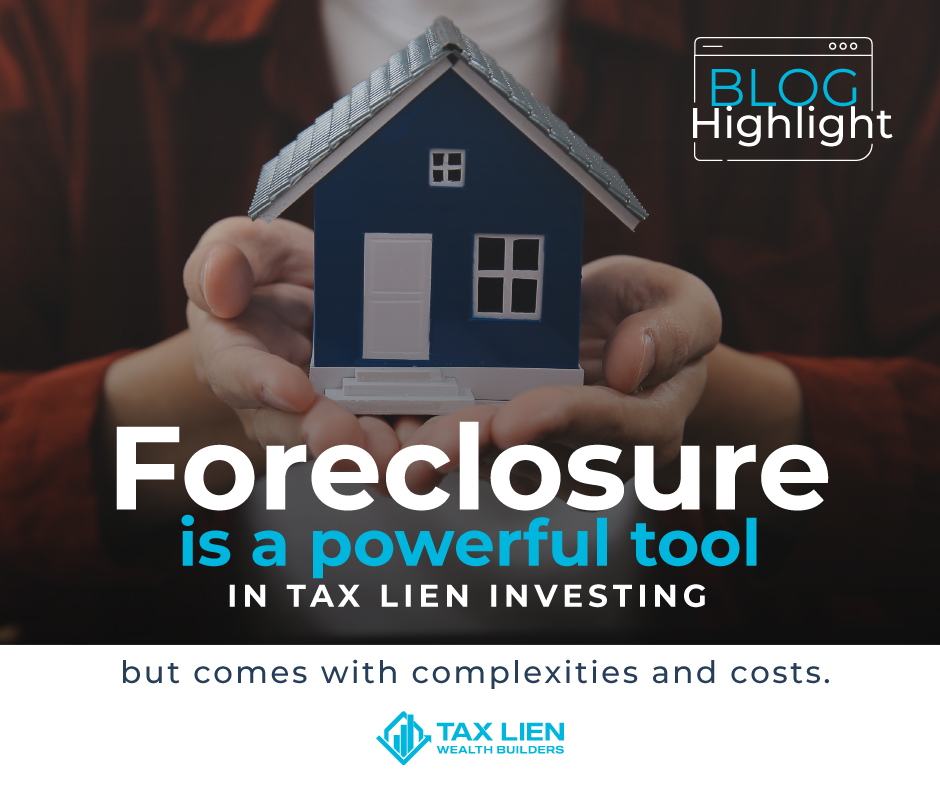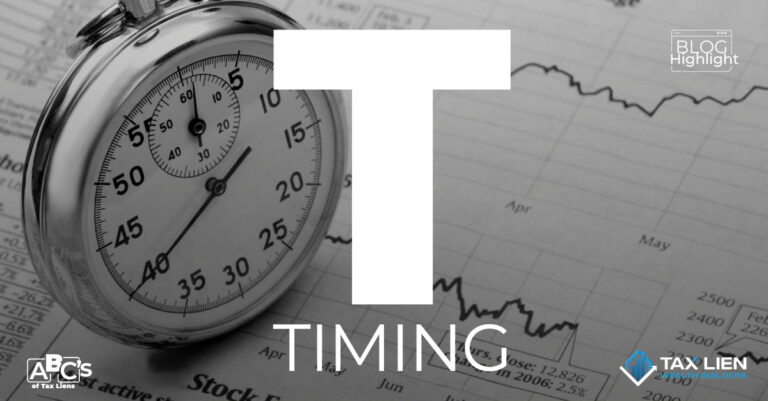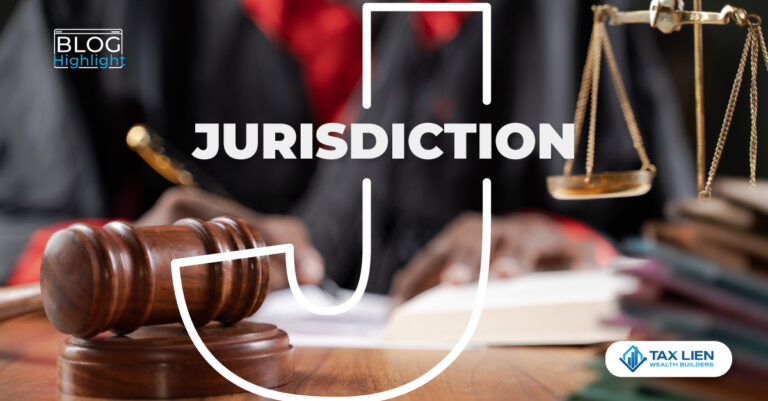Foreclosure:
If the property owner doesn’t pay within a specified period, you have the option to foreclose on the property. However, this process can be complex and present both opportunities and challenges. Here’s a closer look at the foreclosure process:
- Introduction:
- You can initiate foreclosure proceedings if the property owner fails to redeem the tax lien within the specified redemption period.
- Evaluate Condition and Value:
- Before considering acquiring the property, assess its condition and market value. This evaluation is essential for deciding the property’s future, whether it involves selling, renting, or further development.
- Legal Process:
- Foreclosure is a legal process through which the lien holder seeks to take ownership of the property due to the property owner’s failure to pay the overdue taxes.
- Legal Assistance:
- Given the complexity of foreclosure proceedings, seeking legal assistance is advisable. Hire an attorney familiar with local real estate and foreclosure laws to guide you through the process.
- Legal Notices:
- The foreclosure process typically begins with issuing legal notices to the property owner and other relevant parties. These notices outline the intent to foreclose and the steps the property owner can take to prevent it.
- Court Filings:
- Foreclosure involves filing legal documents with the court to initiate the formal legal process. The specifics of court filings may vary by jurisdiction. Attorneys expedite this process and should be used.
- Public Auction:
- The foreclosure process often culminates in a public auction where the property is sold to the highest bidder. This auction is conducted under the supervision of the court or a designated authority such as a local law firm.
- Bidding at Foreclosure Auction:
- Interested parties, including the lien holder (you), can bid on the property during the foreclosure auction. The bidding process may differ from tax lien auctions, and it’s important to be familiar with the rules on the county Clerk of Court website.
- Winning the Property:
- If you win the winning bid at the foreclosure auction, you gain property ownership. The proceeds from the sale are typically used to cover the unpaid taxes, interest, and any associated costs of the foreclosure process.
- Clearing Title Issues:
- Depending on the jurisdiction and circumstances, the property acquired through foreclosure may have specific title issues. It’s crucial to address and clear these issues to establish a clean and marketable title. This can be done through the lawyer you hire or a title company. The typical cost is between $2000 and $5000 and can take between 3 and 8 months. This cost includes all legal fees and court costs.
- Costs and Considerations:
- As seen above, foreclosure can be expensive, involving legal fees, court costs, and potential property maintenance expenses. Evaluate these costs against the potential returns from the property.
Foreclosure is a powerful tool in tax lien investing but comes with complexities and costs. As with any investment strategy, careful consideration, legal guidance, and a clear understanding of local laws are essential to navigate the foreclosure process successfully.








I’m interested in purchasing a property in south Florida how do I go about this.
Hi! Tax Lien Wealth Builders teaches people how to take advantage of one of America’s safest and most rewarding investment strategies; tax lien investing. If you are interested in attending an event, let me know what area you are in and I will find one near you.